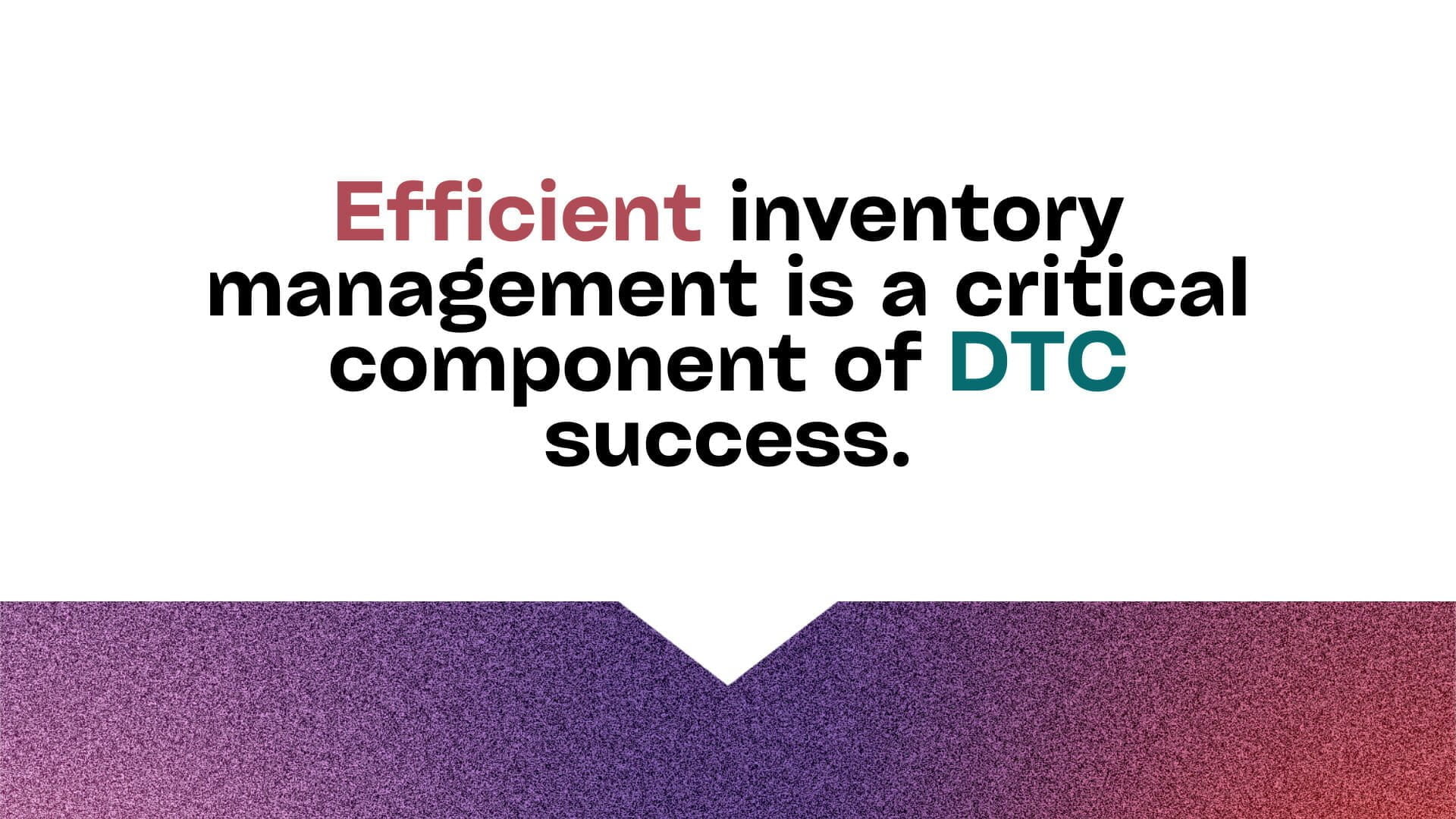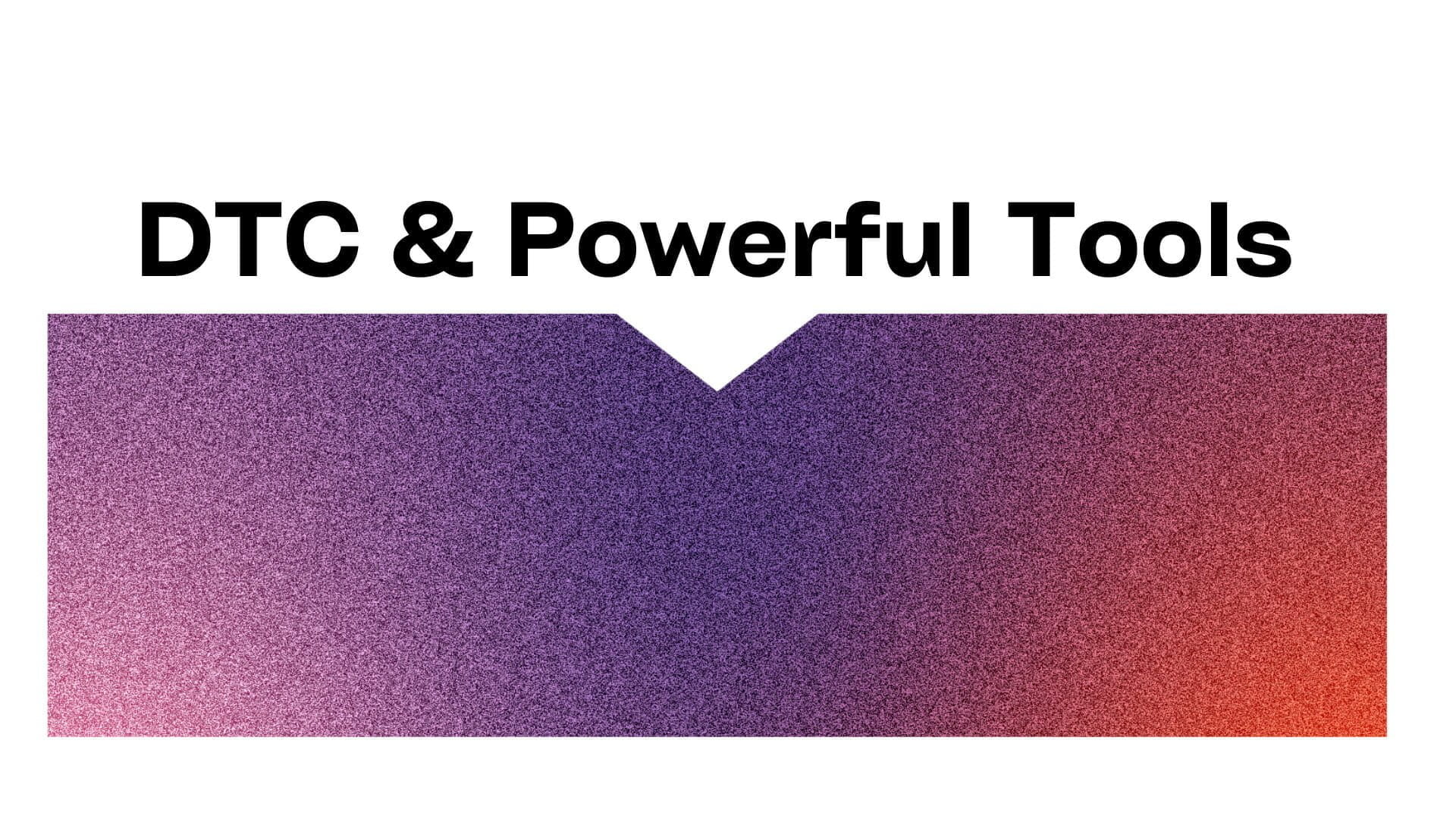Introduction
In today’s dynamic business landscape, where competition is fierce and customer expectations are ever-evolving, Direct-to-Consumer (DTC) businesses have emerged as a strategic avenue for success. In this pursuit, the integration of a powerful tool has become not just advantageous, but indispensable. These tools act as enablers, propelling DTC businesses toward growth, efficiency, and exceptional customer experiences. Let’s delve into how these powerful tools are shaping the DTC arena and the myriad benefits they bring to the table.
Here are 5 powerful tools for a Direct-to-Consumer (DTC) business, along with their names and links before you start reading:
- Shopify
- Link: https://www.shopify.com/
- Description: Shopify is a comprehensive e-commerce platform that offers everything you need to set up, manage, and scale your DTC business. It provides features for online store creation, inventory management, order processing, and integration with various sales channels.
- Klaviyo
- Link: https://www.klaviyo.com/
- Description: Klaviyo is a powerful marketing automation and email platform specifically designed for e-commerce businesses. It enables you to create personalized email campaigns, segment your audience, and track customer behavior to drive engagement and sales.
- Zendesk
- Link: https://www.zendesk.com/
- Description: Zendesk is a customer service and support platform that helps DTC businesses provide excellent customer experiences. It offers features for real-time chat, ticket management, self-service options, and omnichannel support to engage with customers efficiently.
- Google Analytics
- Link: https://analytics.google.com/
- Description: Google Analytics is a widely used web analytics tool that provides valuable insights into website traffic, user behavior, and conversions. It helps DTC businesses understand their audience, measure marketing efforts, and optimize their online presence.
- ShipStation
- Link: https://www.shipstation.com/
- Description: ShipStation is a shipping and order fulfillment platform that simplifies the process of managing shipments for DTC businesses. It integrates with multiple carriers, automates shipping workflows, and provides tracking and reporting capabilities.
These tools offer a range of features to enhance various aspects of a DTC business, from setting up your online store to marketing, customer support, analytics, and order fulfillment.
Understanding DTC Businesses
Direct-to-Consumer businesses, commonly known as DTC businesses, have redefined how companies connect with their customers. They bypass traditional middlemen, allowing brands to establish direct relationships with their consumers. However, navigating this landscape comes with its own set of challenges and opportunities. The direct engagement means more control over branding and customer interaction, but also demands a fine-tuned understanding of market dynamics and customer preferences.
The Role of Technology in DTC
Technology has emerged as the cornerstone of DTC success. By embracing technology as a catalyst for growth, DTC businesses can efficiently navigate through the complexities of the modern market. Powerful tools have ushered in a paradigm shift in DTC operations. They have streamlined processes, accelerated decision-making, and elevated the customer experience to unprecedented heights.
Efficiency and Automation with a Powerful Tool
One of the standout benefits of integrating powerful tools into your DTC business is the optimization of processes through automation. Manual tasks that were once time-consuming and error-prone are now seamlessly executed by these tools. The result? A reduction in the manual workload, freeing up valuable human resources for more strategic endeavors. Moreover, the risk of human errors is drastically minimized, ensuring accuracy and consistency in operations.
Data Management and Analytics
In the data-driven world of business, information is power. Powerful tools enable DTC businesses to harness data for informed decision-making. By collecting, analyzing, and interpreting data, businesses gain invaluable insights into customer behavior and preferences. This information fuels targeted marketing campaigns, personalized customer experiences, and the ability to anticipate and adapt to market trends effectively.
Enhancing Customer Experience
Personalization lies at the heart of exceptional customer experiences. The integration of powerful tools allows DTC businesses to create tailored experiences for each customer. By leveraging data-driven insights, businesses can understand their customers on a granular level—anticipating their needs and delivering relevant content, products, and services. This personalized approach not only fosters loyalty but also strengthens the bond between the brand and its customers.
Inventory and Supply Chain Management
Efficient inventory management is a critical component of DTC success. Powerful tools provide real-time visibility into inventory levels, enabling businesses to optimize stock levels and prevent stockouts or overstock situations. This, in turn, leads to smoother supply chain operations, reduced storage costs, and ultimately, improved customer satisfaction due to accurate and timely deliveries.

Marketing and Branding with a Powerful Tool
In the bustling world of DTC, effective marketing and consistent branding are paramount. Powerful tools empower businesses to devise targeted marketing strategies that resonate with their audience. With the help of data-driven insights, businesses can identify the most effective channels, messages, and timing to reach their customers. Moreover, these tools ensure brand consistency across multiple touchpoints, enhancing brand recognition and recall.
Driving Sales and Conversions
Conversions are the lifeblood of any business. Within the realm of DTC, powerful tools play a pivotal role in optimizing conversion rates. Through techniques such as A/B testing, personalized recommendations, and dynamic pricing, businesses can fine-tune their strategies to maximize conversions. Additionally, these tools uncover upselling and cross-selling opportunities, boosting revenue per customer.
Customer Support and Engagement
Exceptional customer support is a differentiator in the DTC landscape. Powerful tools facilitate real-time communication, enabling businesses to promptly address customer queries and concerns. Moreover, these tools allow for engagement through various touchpoints, including social media, chatbots, and email campaigns. By providing top-notch customer support, businesses can foster loyalty and build lasting relationships.
Scaling Your DTC Business
Scalability is a hallmark of successful DTC businesses. However, as operations expand, so do challenges. This is where powerful tools step in, helping businesses overcome scalability hurdles. These tools ensure that processes remain efficient, customer experiences stay exceptional, and market reach continues to expand—all without compromising on quality or efficiency.
Competitive Advantage
In a landscape brimming with DTC competitors, gaining an edge is vital. Powerful tools provide the means to stay ahead. By leveraging advanced analytics, predictive modeling, and market insights, businesses can outperform competitors. These tools enable businesses to make strategic decisions, quickly adapt to changing trends, and position themselves as leaders in their field.
ROI and Cost-effectiveness
Investing in powerful tools for your DTC business is an investment in growth and sustainability. Calculating the return on investment (ROI) from these tools involves considering not only the upfront costs but also the long-term benefits. The increased efficiency, higher conversion rates, and improved customer experiences translate into significant gains that far outweigh the initial investment.
Data Security and Privacy
As businesses handle increasing amounts of customer data, ensuring its security and privacy becomes paramount. Powerful tools come equipped with features to safeguard customer data and business information. By adhering to data protection regulations and implementing robust security measures, DTC businesses can foster trust and build credibility among their customers.
Choosing the Right Tool
The journey to leveraging powerful tools begins with choosing the right one for your DTC business. This involves a meticulous evaluation of your business needs, goals, and existing workflows. Additionally, factors such as scalability, integration capabilities, and ease of use play a crucial role in the decision-making process.
Implementing and Integrating a Powerful Tool
Selecting a powerful tool is just the first step; seamless integration into existing workflows is equally crucial. Adequate training and onboarding for your team ensure that the transition is smooth and that the tool’s full potential is realized. The right implementation strategy guarantees that the tool enhances efficiency without disrupting operations.
Case Studies: Real-Life Success Stories
Real-life success stories serve as inspiration and guidance for DTC businesses. By showcasing examples of businesses that thrived with the integration of powerful tools, these case studies shed light on effective strategies and lessons learned. These stories not only highlight the benefits of such tools but also offer insights into how they can be maximized for success.
Future Trends in DTC Technology
The DTC landscape is constantly evolving, and staying ahead requires an understanding of emerging trends. The integration of powerful tools positions businesses to adapt to upcoming technological advancements. From AI-driven personalization to immersive shopping experiences, exploring these trends enables DTC businesses to remain agile and responsive.
Overcoming Challenges with a Powerful Tool
While the benefits of powerful tools are substantial, there are challenges to overcome. Addressing potential hurdles, such as resistance to change, integration complexities, and unforeseen issues, is vital. By devising strategies to mitigate these challenges, businesses can ensure a smooth implementation and maximize the benefits of these tools.
Conclusion
In the ever-evolving world of DTC, the adoption of powerful tools is not just an option—it’s a necessity for sustainable growth. From streamlining operations and enhancing customer experiences to outperforming competitors and ensuring data security, these tools offer a comprehensive array of benefits. Embracing technology’s power positions DTC businesses for continued success, enabling them to thrive in a dynamic and competitive landscape. As we conclude, the transformative potential of these tools.




